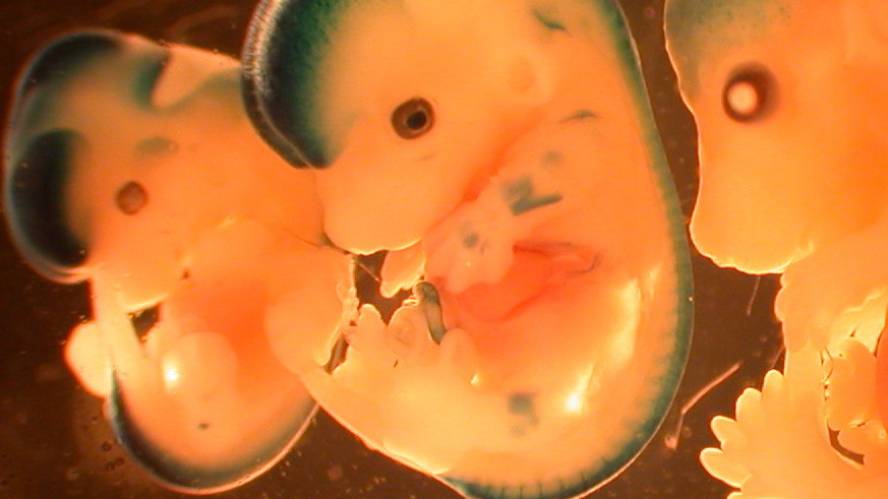The risk of congenital heart disease is related to the age of the mother but not to that of the egg
The risk of developing congenital heart disease increases with the age of the mother. Now, in an investigation carried out in the mouse, they have seen that their base is in the mother, but not in the egg. And they have also seen that the practice of physical exercise by the mother implies a decrease in this risk. Published in Natura.
Congenital heart disease is one of the diseases that causes more morbidity and mortality in children. A study by researchers at the University of Washington suggests where to focus on the prevention of this disease. In fact, it was not known that the risk of suffering this disease was related to the age of the mother and that the cause was in the egg or mother. To investigate this, ovaries of old mice were transplanted to young people and, on the contrary, juvenile ovaries to the elderly. And they have seen that in the first case (young mouse + old obary) does not increase the risk of disease of descendants and in the second (old mouse + young ovary). That is to say, the age of the mother is the one that increases the risk that children will suffer from a disease and is not related to the age of the ovary or the egg.
It has also been studied the possible incidence of obesity and hyperglycemia, which are often associated with age, by applying a diet rich in fat to mice, but no links have been found. But they have seen that there is a way to reduce the risk: that the mother exercise. Since they were young, they have tested with the mice that do physical exercise and with those that have started to mature, and have seen that in two cases the risk decreases considerably, and they have found no difference between doing it as young or adult.





